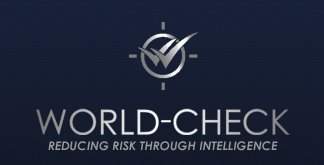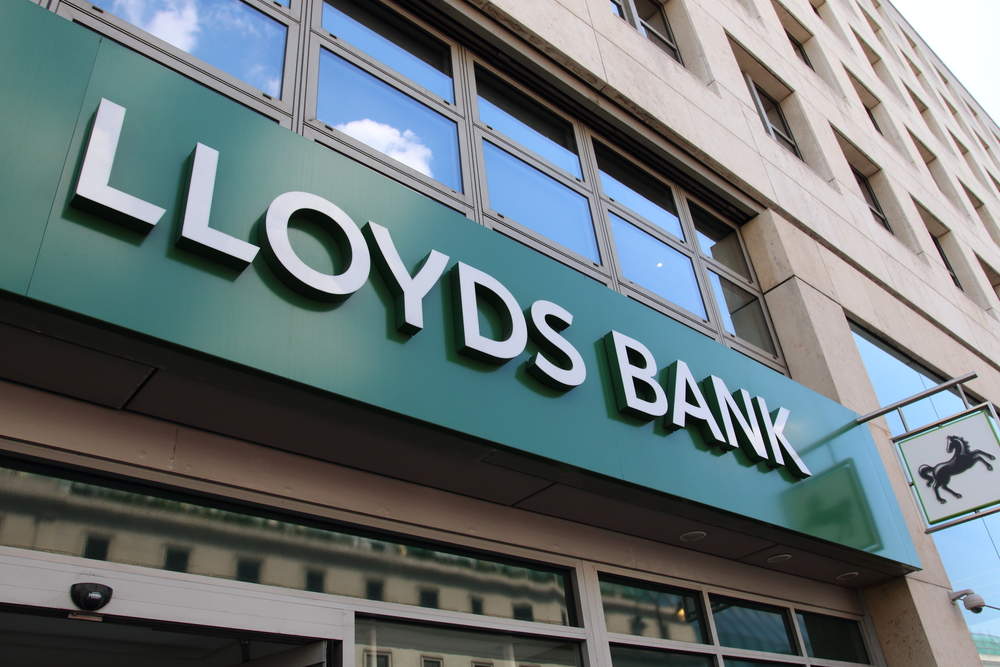
Compliance has moved in recent years from being an important, yet largely back-office, function to being a front-and-centre issue. As regulators worldwide step up surveillance operations, the head of Thomson Reuters’ financial crime and reputations risk division discusses the latest trends with Nicholas Moody.
Extortion, forgery, currency counterfeiting, cyber crime, hacking and phishing – it’s a small selection from the list of crimes that would make a private banker white with fear if it popped up during a client screening.
The series of high-profile fines brought against global banks, including HSBC and Standard Chartered, by regulators in the US and UK for lax anti-money laundering (AML) and client screening in the past six months has also focused banks and banker’s minds on clients and reputational risk.
Fortunately then, there is a growing number of compliance companies helping monitor and alert banks to the increasing array of international sanctions, blacklists and politically exposed persons (PEPs) in the global marketplace.
Jan-Coos Geesink is senior vice-president at Thomson Reuters’ financial crime and reputations risk division, which owns World-Check, one of the more high-profile compliance tools, after acquiring it almost two years ago.
How well do you really know your competitors?
Access the most comprehensive Company Profiles on the market, powered by GlobalData. Save hours of research. Gain competitive edge.

Thank you!
Your download email will arrive shortly
Not ready to buy yet? Download a free sample
We are confident about the unique quality of our Company Profiles. However, we want you to make the most beneficial decision for your business, so we offer a free sample that you can download by submitting the below form
By GlobalDataGeesink’s business tracks all those crimes and sanctions that make bankers lose sleep at night. Every 24 hours World-Check screens a database of about 2m profiles for potential AML issues and monitoring changing regulations. The unit has over 200 researchers in teams in South Africa, Singapore, Chile, the US and UK who monitor 3,500-4,000 sources.
The lists include those generated by the UN, World Bank, Transparency International and sanction lists from the EU and the US Office of Foreign Assets Control, among others.
The client screening occurs across three categories: individuals or entities known to have any association with financial crime as defined by the Financial Action Task Force, individuals on sanction lists and PEPs.
This screening generates alerts which are then grouped according to risk. These alerts are sorted based on their type and location.
They are then arranged depending on high, medium or low risk, and the full screening is carried out based on this profiling.
The World-Check process does not tell a bank whether a client is good or bad, it simply provides banks with a file on a client, which the bank’s own due diligence teams then uses to decide if a client complies with its own internal risk profiling parameters.
Compliance costs mean more clients
Geesink says demand for its governance, risk and compliance service is increasing for three reasons. Firstly, the types of user is broadening from its financial institutions, including private banks, wealth managers and trusts, to hedge funds, insurance companies and casinos.
Revenues in Thomson Reuters’ governance, risk and compliance division grew 17% to $55m in the third quarter of 2012. Demand is coming from corporates – its fastest-growing sector – says Geesink.
There its unit is looking at corporate counter-parties from a reputational perspective or from a sanctions perspective.
‘I can not do business with a company that is sanctioned, so I need to screen my supply chain, or my business partners’ might be a common request", says Geesink.
Demand is also increasing as different countries sharpen up their AML procedures. The UK revised its in 2007 and in 2012, for instance, and New Zealand rewrote its AML procedures so NZ banks have to monitor transactions, he says.
Lastly, demand is rising as governments increasingly enforce their laws globally, for example the US, in their extraterritorial enforcement of things like the Foreign Corrupt Practices Act, as well as the UK bribery act now being globally enforced.
"People in countries where there was little enforcement in the past now sit up and pay attention," he says. "It is less driven by the fines and the cases that are in the press. Most of it would be [focused on monitoring] clients."
A single online access to the full database starts at around $5,000 a year. For the very large customers who take data files and hundreds of licences, it can run up in the hundred of thousands of dollars per year, Geesink says.
The growing list of international regulations is also creating a headache for banks in terms of ongoing compliance.
"There are about 70 regulatory changes every single day. So as a bank, how do you keep track of that? And how do I know if this regulation has changed, how does that link to my policies and procedures and what do I have to do next?," says Geesink.
Thomson Reuters has this covered through a separate product, Compliance Complete, which automatically alerts banks of any regulatory change.
Headaches on the horizon
When asked about the specific regulatory threats coming down the pipeline in 2013, Geesink says sanction lists are like shifting sands – they require constant attention.
He also says there is an increased focus on AML, bribery and corruption. "New regulations come into place; old regulations never go away. That volume is just growing and growing and growing. And it becomes very difficult for clients to manage that," he says.
All these increasing demands on banks’ compliance systems and teams means the outlook for Thomson Reuters’ financial crime and reputations risk division looks bright and busy.
"We have a very positive view of the future, which in this economic climate is rather unique," says Geesink. Proof that successful screening of potentially suspect clients could be worth its weight in gold.







